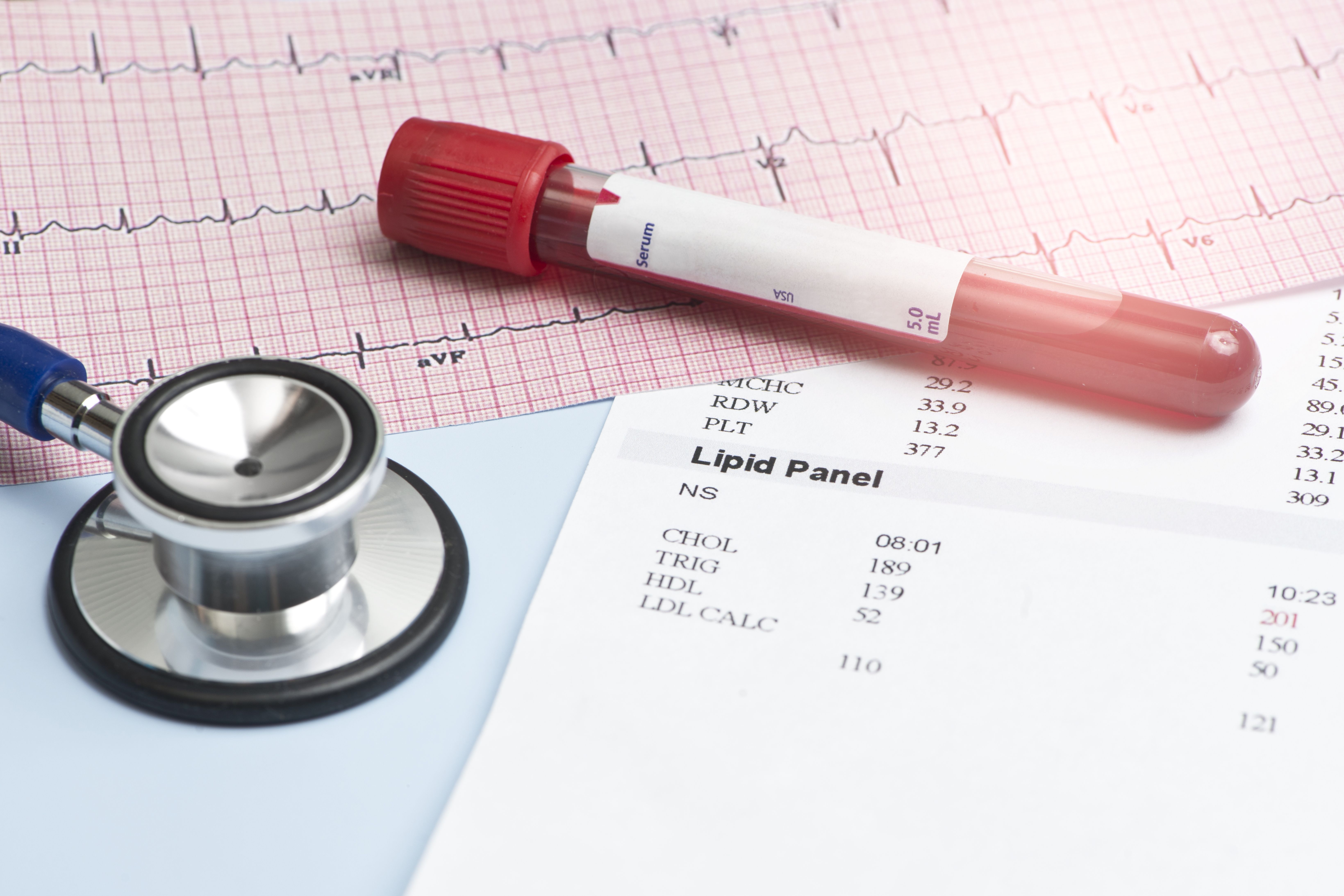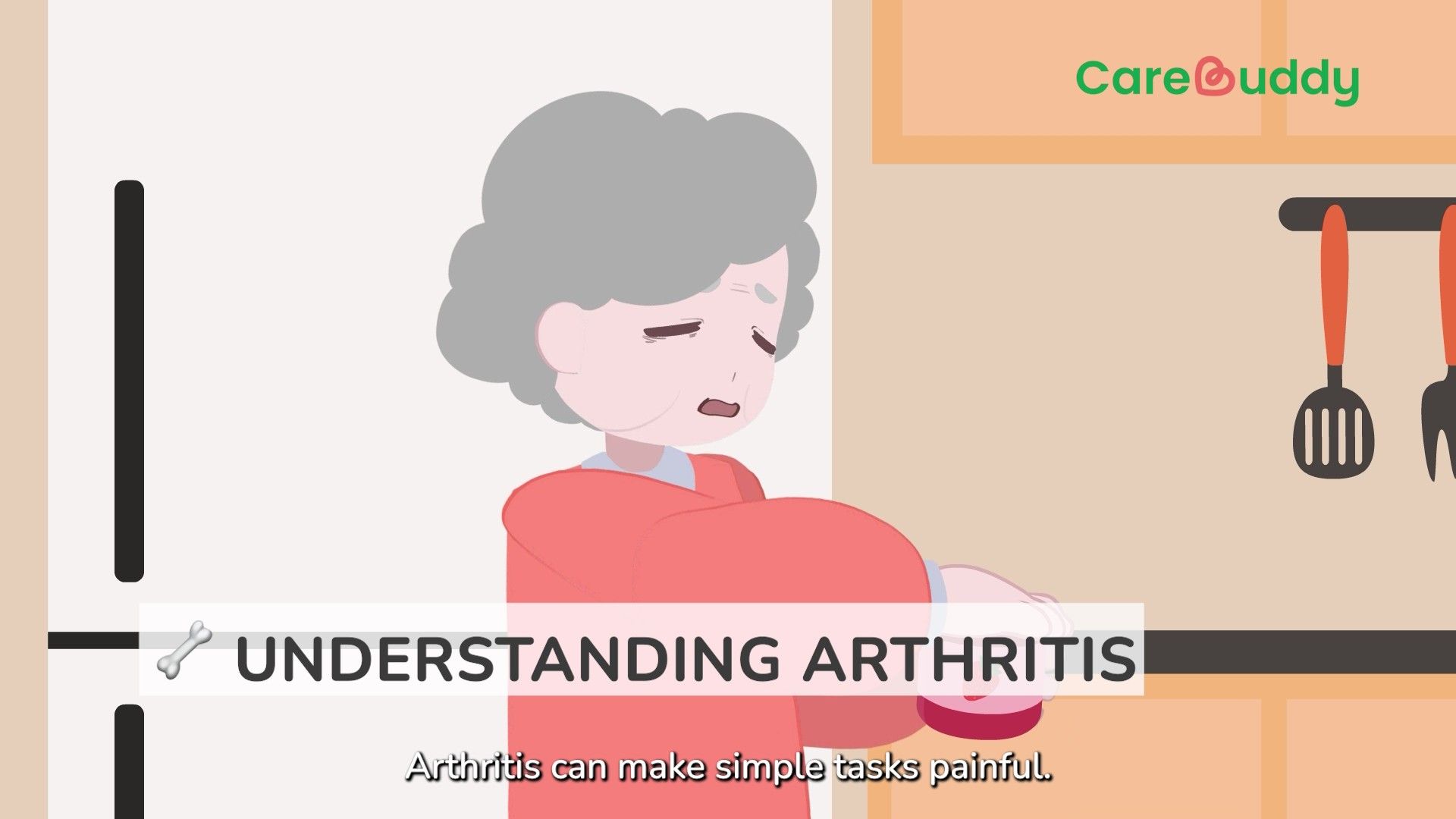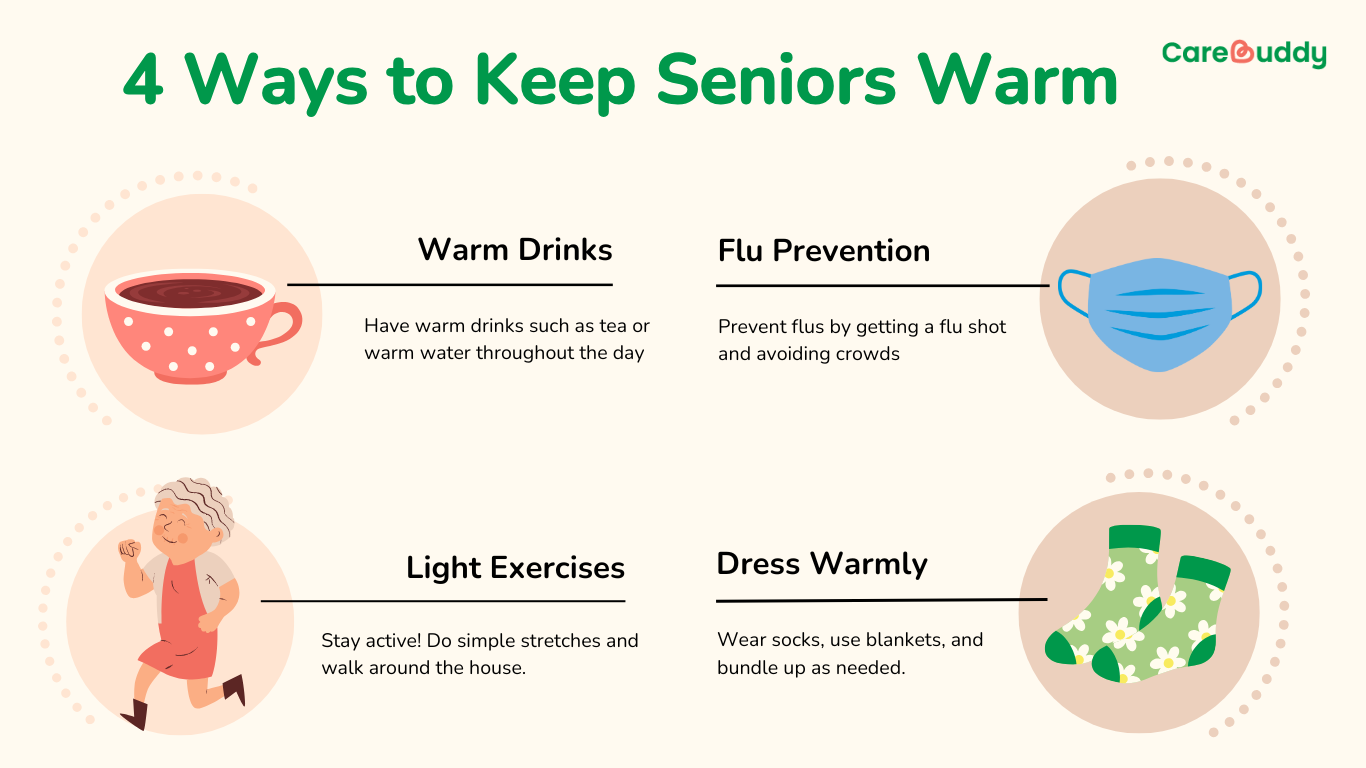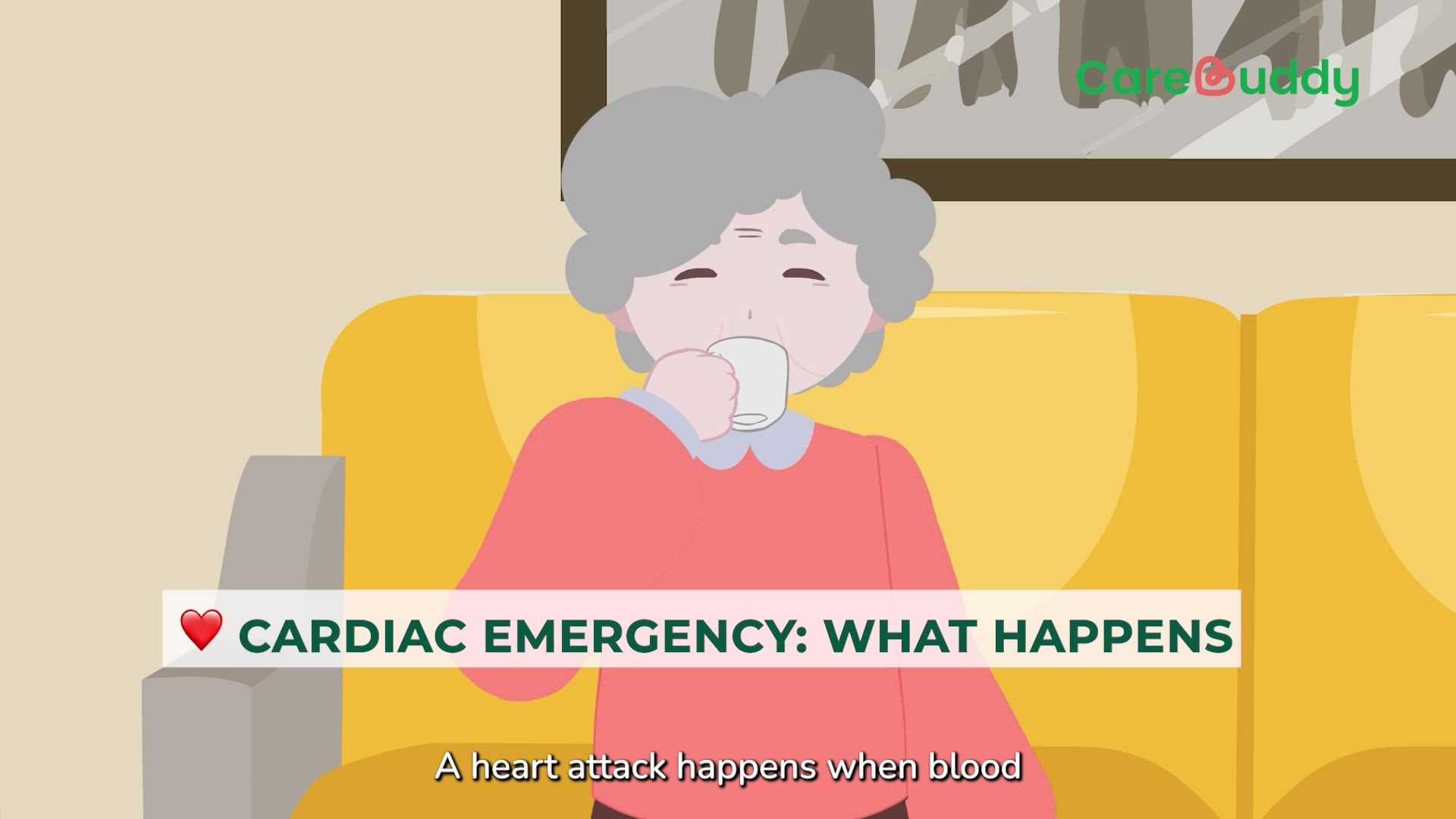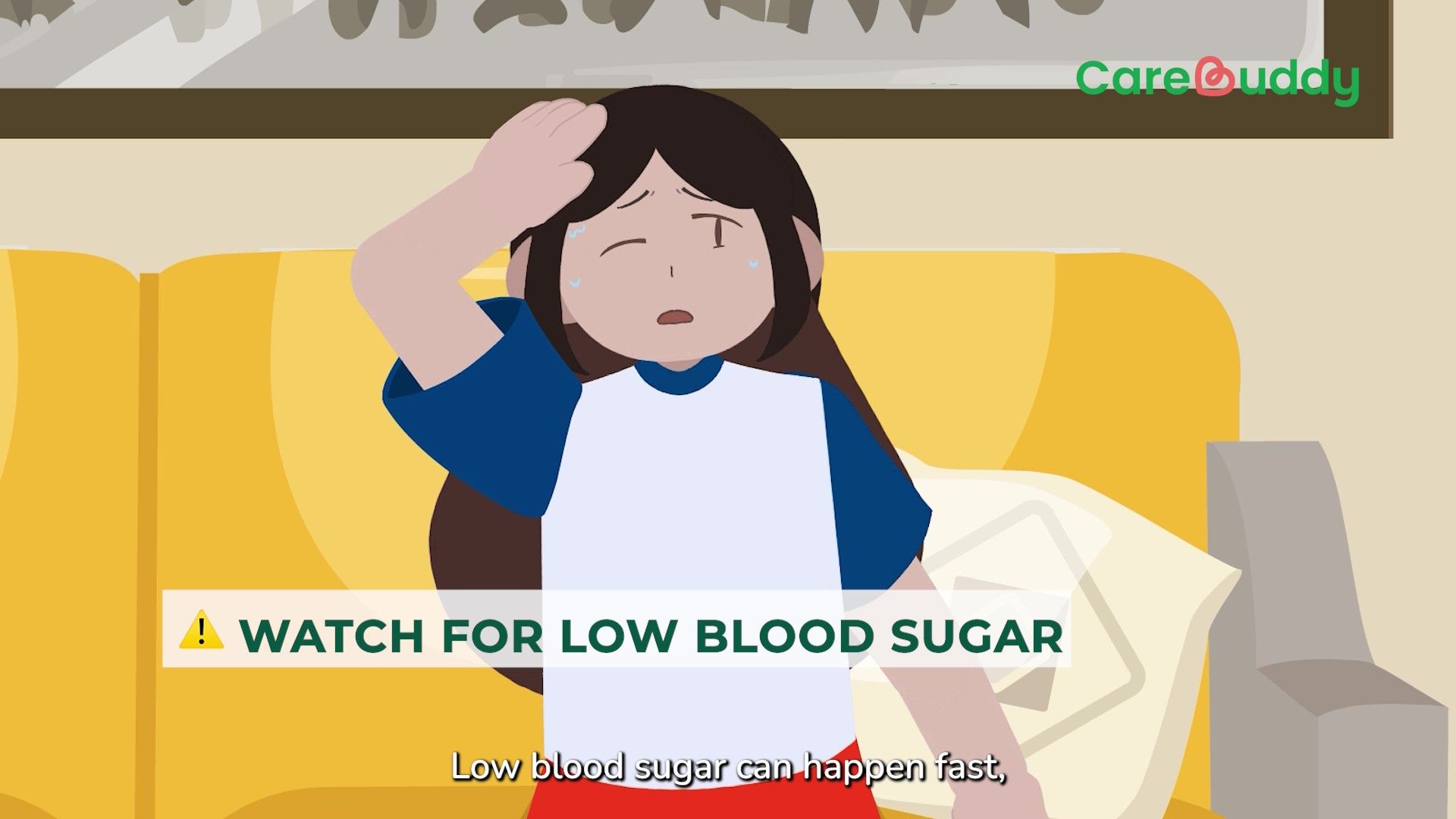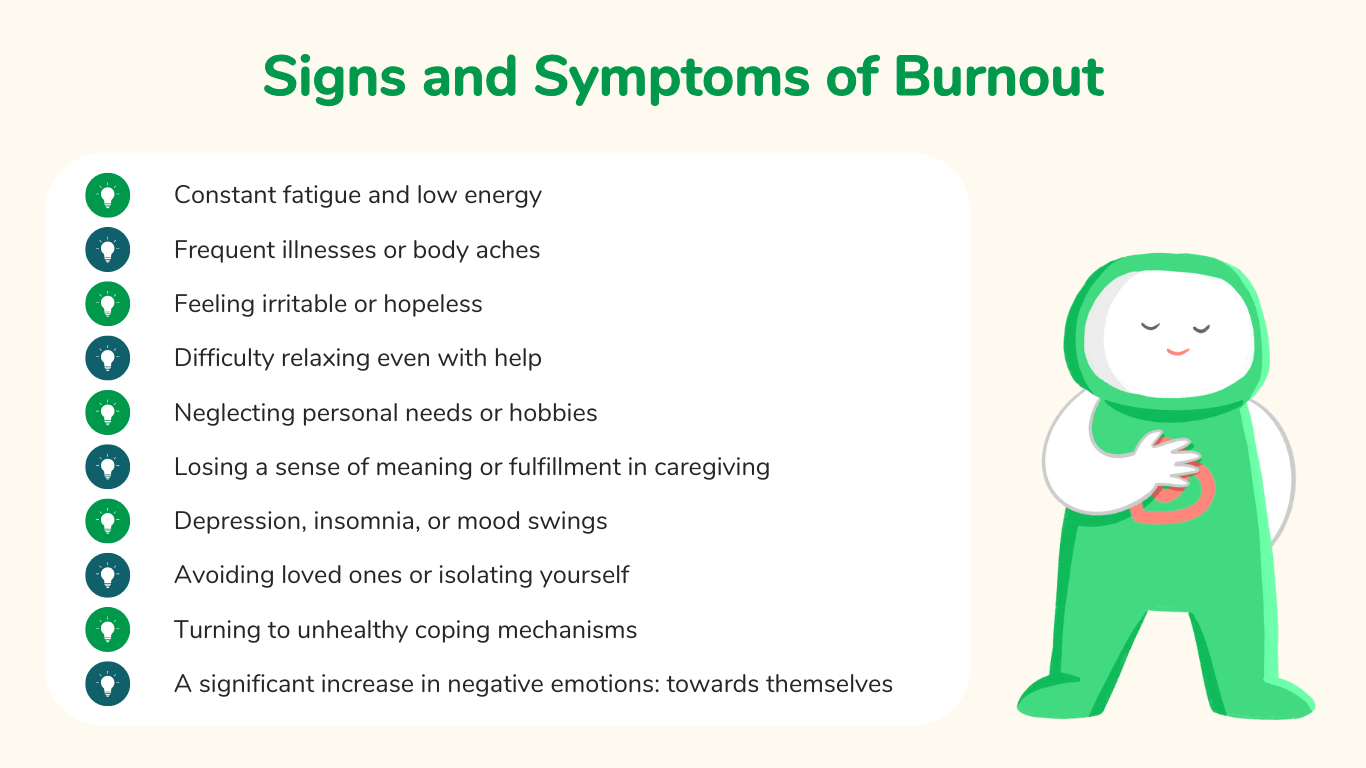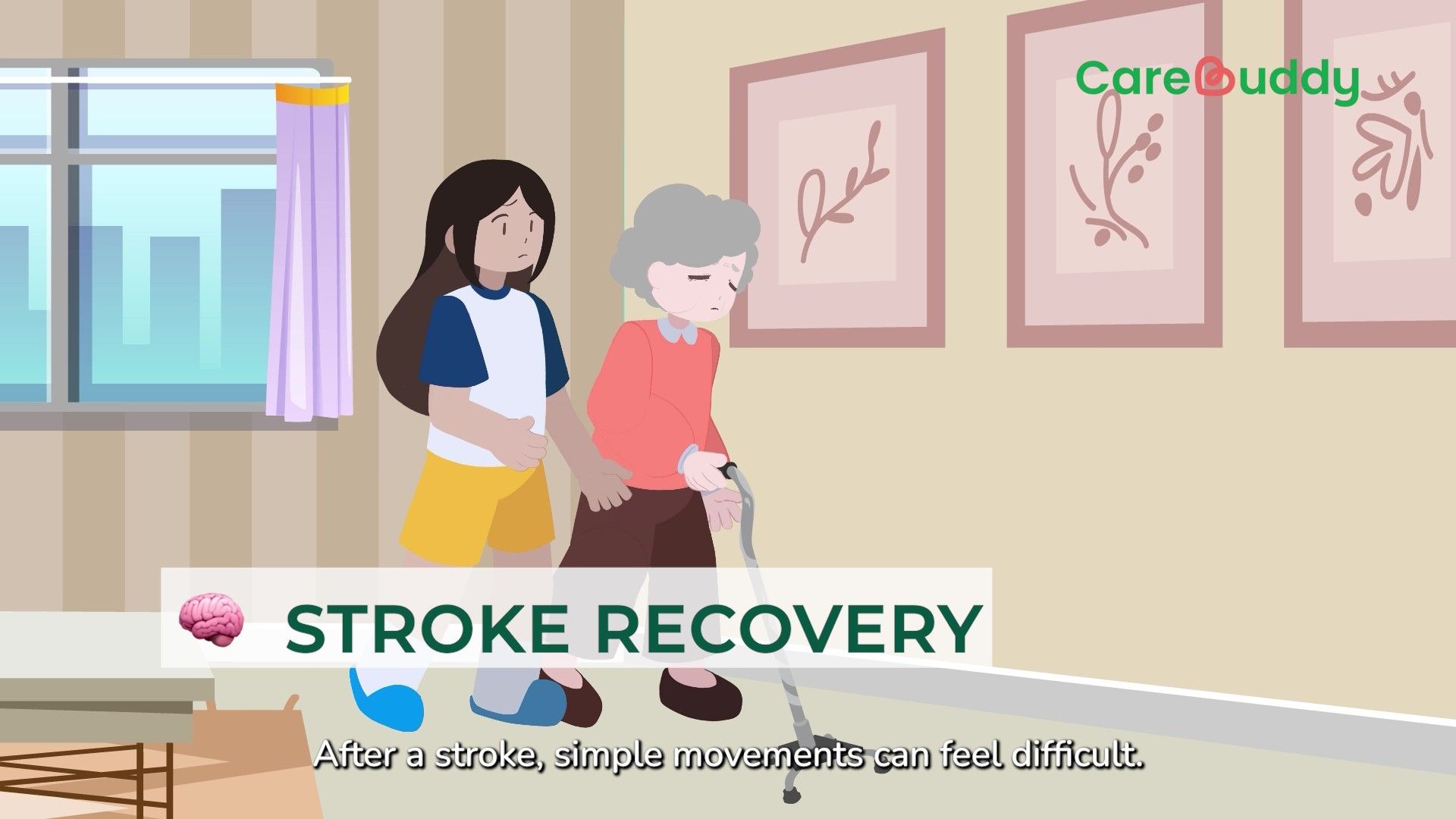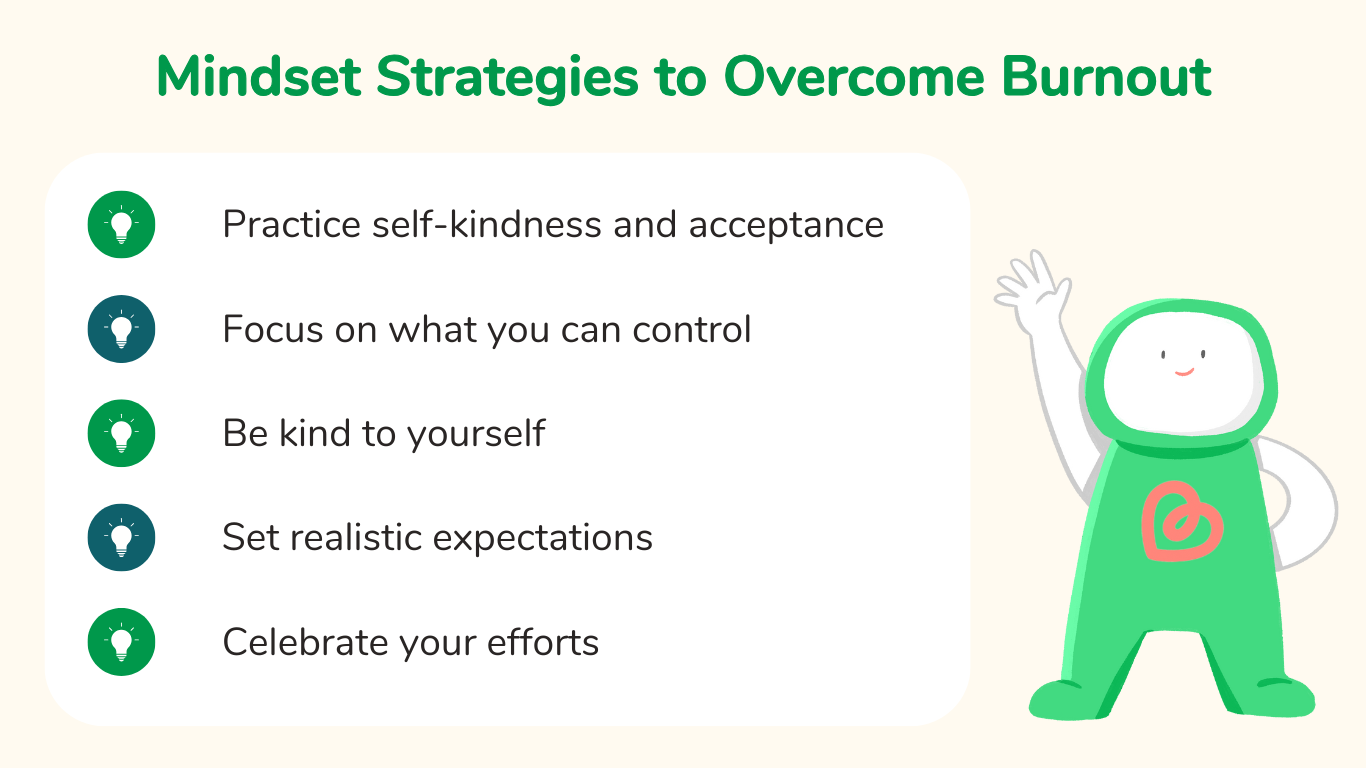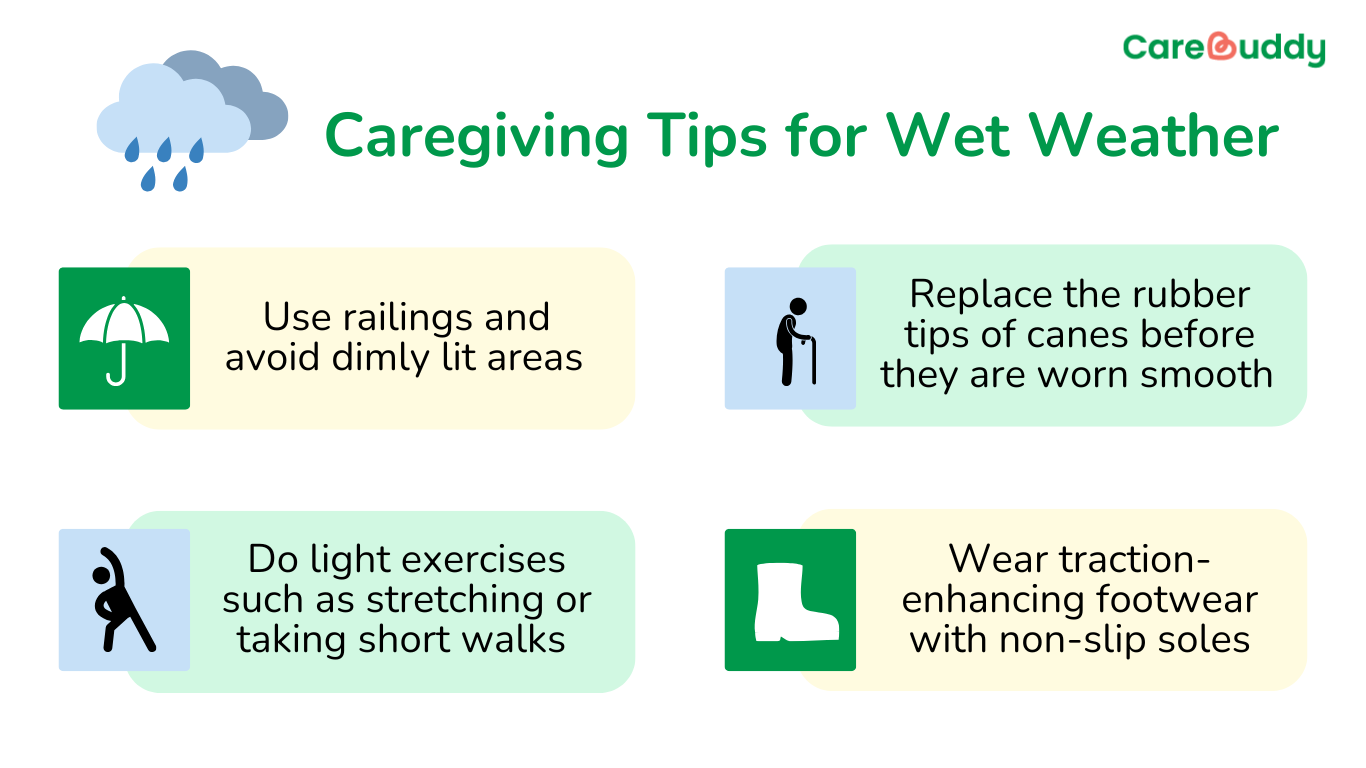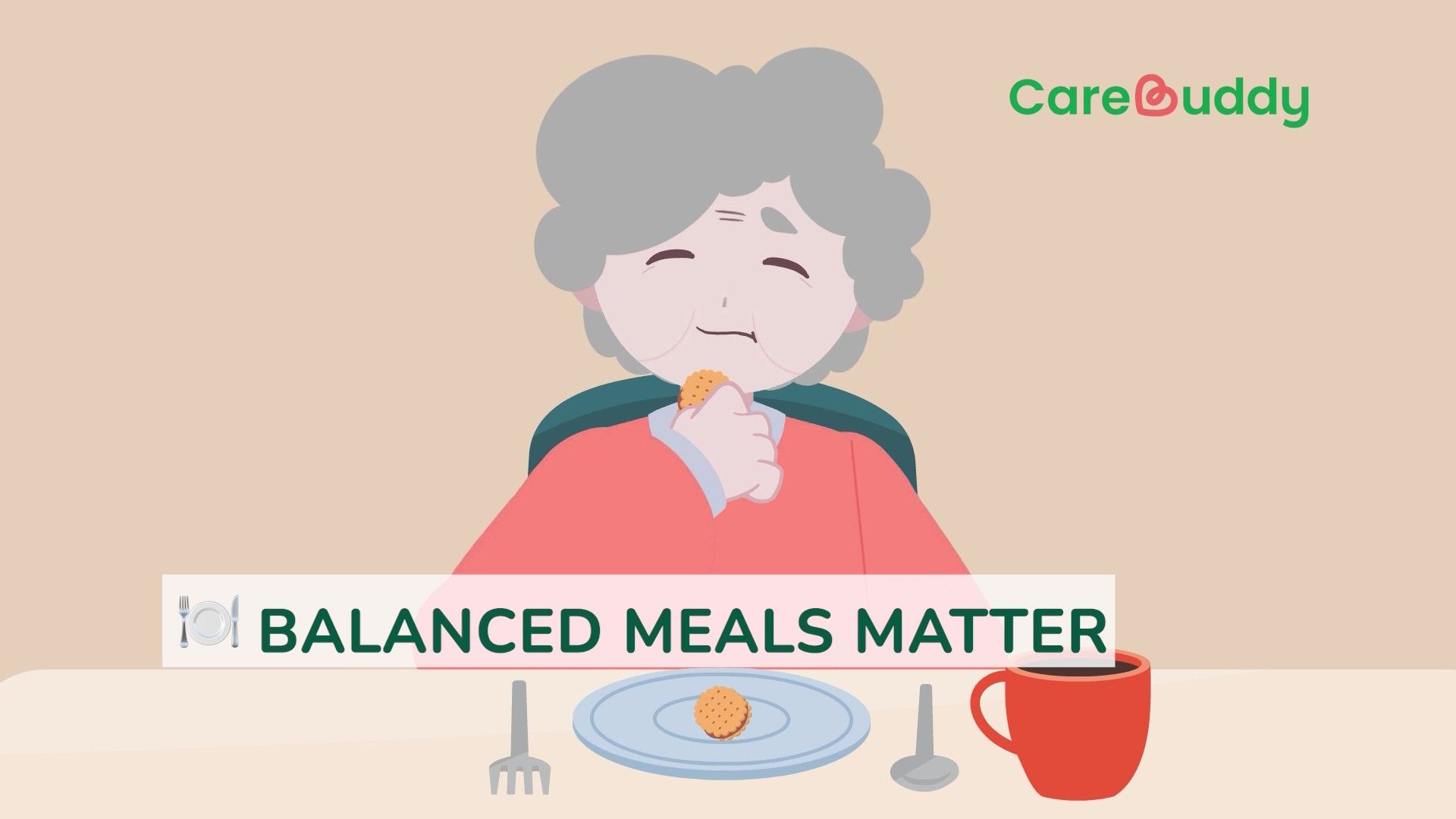Take heart. You can prevent heart disease with the right lifestyle.
- CareBuddy
- 4 Mins Watch
- 28 Jul 2022
- Elderly Care

According to the Singapore Heart Foundation, 19 people in Singapore die every day from cardiovascular disease (heart diseases and stroke). In 2020, 31.7% of all deaths in Singapore were due to these causes, which is almost 1 in 3. People above the age of 60 are particularly susceptible.
But there’s good news. With a healthy heart lifestyle, you can significantly reduce the risks that you or your loved ones may suffer a heart attack.
There are 5 pillars of a healthy heart lifestyle:
1) Heart Smart Eating
2) Physical Activity
3) Stress Management
4) Smoking Control
5) Weight Management
Let’s look at them in more detail.
Heart Smart Eating
A balanced meal that’s good for the heart includes
- ½ Plate Fruits and Vegetables
- ¼ Plate Protein (e.g. lean meat, fish, skinless chicken, eggs, low-fat milk, soy milk, tofu, peas, beans, lentils, legumes)
- ¼ Plate Wholegrains (e.g. brown rice, wholegrain noodles, pasta, bee hoon, chapati, millet, oatmeal, quinoa)
Moderate your calorie intake
- Have regular meals without skipping.
- Go for lower-fat cooking methods such as pan-frying, baking, grilling and steaming.
- Take smaller portions. Stop when you’re 70% full.
- Reduce sugary foods and drinks.
- Avoid eating between meals. If you have to, choose healthy options like fruits, and vegetables and baked unsalted nuts.
Avoid saturated and trans fats
- Fatty meats
- Butter
- Poultry skin
- Full cream milk
- Palm oil
- Coconut-based products
Monounsaturated and polyunsaturated fats are considered “good” fats and can be consumed in moderation
- Nuts
- Seeds
- Certain oils like canola, olive, peanut and sesame
Reduce cholesterol intake by reducing foods like
- Red meat
- Full-fat milk
- Liver
- Crustaceans (crab, prawn, lobster)
- Molluscs (e.g. squid, oyster)
Reduce salt
- Use fresh food instead of processed food
- Look to replace salt with fresh herbs, spices and condiments
- Ask for less or no salt in restaurants
- Buy lower salt options from supermarkets
- Limit pastries and desserts
Reduce sugar
- Avoid overly-sweet foods such as candy, chocolate and sugary drinks
- Ask for no or less sugar while ordering food and drinks
- Buy lower sugar options from supermarkets
- Reduce sugar in your baking recipes
- Replace sweet snacks with healthier ones such as fruits and vegetables
Physical Activity
Regular exercise is proven to lower the risk factors of heart attacks by
- Increasing HDL (good) cholesterol
- Decreasing LDL (bad) cholesterol
- Lowering blood sugar level
- Reducing weight
- Improving overall heart fitness
If you don’t yet have the habit of regular exercise, here’s how you can start
- Start slow by exercising a couple of times a week before building up your frequency.
- Begin with low-intensity exercises such as tai chi and walking before gradually moving on to more strenuous activities like running.
- Integrate physical activities into your everyday life by taking the stairs instead of the lift, walking nearby instead of taking a bus, etc.
Develop an exercise routine that follows the principles of
- FREQUENCY: Do some form of exercise every day. A good target would be 150 minutes of moderate-intensity exercise or 75 minutes of vigorous exercise per week.
- INTENSITY: Exercise until you breathe hard and sweat. But not until you are breathless.
- TIME: Exercise at least 60 minutes per day, with at least 20 minutes in each individual session.
- TYPE: Do a mix of exercises (e.g. walking, running, swimming, cycling, weights, squats, push-ups, pull-ups, competitive sports)
Stress Management
Constant stress is known to be a risk factor for cardiovascular diseases.
Stress releases cortisol into your blood which increases
- Blood cholesterol
- Triglycerides
- Blood sugar
- Blood pressure
Stress can also cause
- Buildup of plaque deposits in the arteries
- Poor blood flow to the heart muscles
- Unhealthy stress management habits like smoking
- Irregular sleep patterns that further weaken the heart
Here’s how you can manage stress
- Get plenty of exercise as this is proven to lower stress
- Practise deep breathing, yoga, meditation and tai chi
- Build a strong support system of family and friends you can trust and spend time with
- Evaluate your work stress and whether a demanding job is contributing to stress
- Get treatment in case you have constant depression or anxiety
Smoking Control
Smoking increases the likelihood of heart disease by
- Increasing plaque formation in blood vessels, narrowing them and making them less flexible
- Increasing stress in your body and causing blood pressure and heart rate to rise
- Causing blood to thicken and form clots
- Causing Peripheral Arterial Disease (a narrowing of arteries that carry blood to the legs)
If you’re a smoker, do yourself a favour and quit right now! If you know a smoker, do them a favour and urge them to quit! Your hearts will thank you for it.
Weight Management
Being 20% or more overweight significantly increases risk of developing heart disease. Reducing weight reduces the likelihood of a heart attack by
- Lowering blood pressure as the heart doesn’t have to pump so hard
- Lowering blood cholesterol
- Reducing likelihood of Type 2 diabetes which is a risk factor for heart disease
Weight distribution also matters. Apple-shaped people with most of their weight around their abdominal area are at higher risk of heart disease than pear-shaped people who carry fat in their hips and thighs.
Mastering these five pillars and being constantly conscious of them will help your heart in unimaginable ways. Go for it!
Article reviewed by Dr Peter Ting, Medical Director and Cardiologist, StarMed Specialist Centre.


